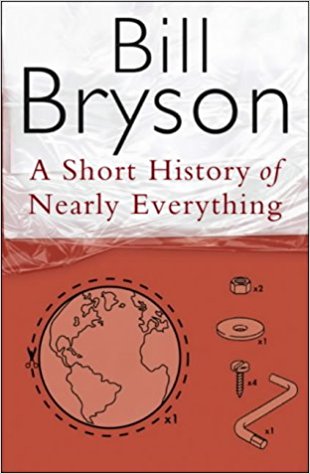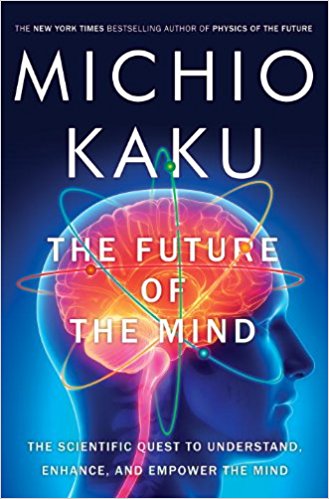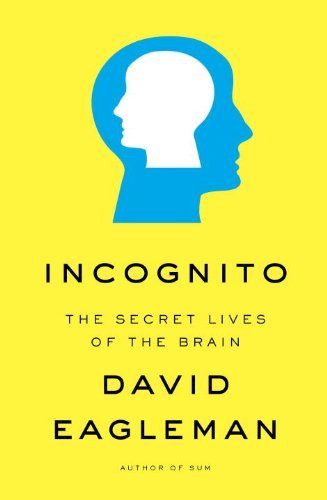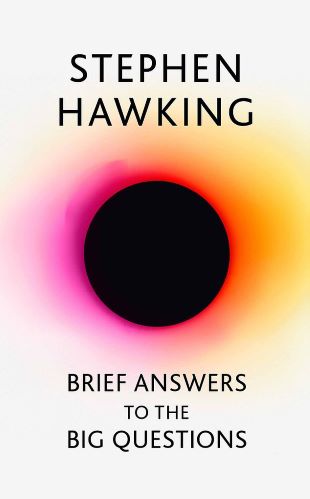TOP RECOMMENDATIONS ON POPULAR SCIENCE
Click cover to read review
EASY READS
Stay mesmerized as Kaku uses known laws of physics to answer: Can we walk through walls? Or become invisible? Or destroy a planet with a death star? Or read other people’s minds? Or teleport ourselves through space? Are there aliens and UFOs?
Science can be so interesting and yet the way it is taught makes it so drab. Not any more. Bryson covers a vast canvas – from the formation of universe, to atoms to the rise of life – and keeps us thoroughly engaged.
There is something about Diamond that makes him the quintessential intellectual (Top 10 Public Intellectuals in multiple surveys). His range of knowledge; his depth of scientific evidence to prove or disprove hypotheses; and of course his very interesting writing style and affable persona, all contribute to the lasting impression of his works.
HEAVIER READS
Explanation of evolution from the eyes of genes, who use us and all other living beings simply as survival machines, but are singularly, selfishly focused on their own survival.
The brain is just a ‘computer made of meat’ and so understanding its working is just a very, very hard engineering problem! What of consciousness then?
A neuroscientist explains the working of the subconscious brain, the someone in our head who is not really us! When we are angry with ourselves, who exactly is mad at whom?
How does a 3-pound mass of jelly contemplate God and do other abstract thinking? A neurologist studies many of his patients to understand the brain’s functioning.
Like the rest of the world, I remain a big fan of Hawking. What made Stephen Hawking so popular? First, as Nobel Laureate Kip Thorne says in the foreword to this book, Hawking had the “necessary skills, wisdom and self-confidence” to ask some really big questions. And “Hawking’s questions themselves keep on… generating breakthroughs decades later.”









 This information will never be shared with third party
This information will never be shared with third party
Share This Article